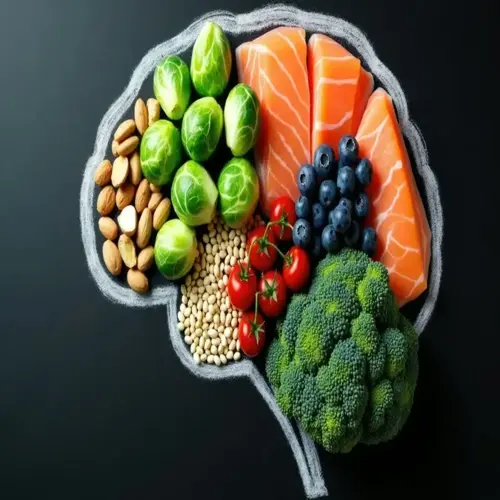Are supplements necessary for senior nutritional needs?

Written by
Stella Nilsson
Reviewed by
Prof. Graham Pierce, Ph.D.Supplements have a specific place in the nutrition of seniors. Whole foods should still be the primary source of nutrition. Whole foods provide complex interactions of nutrients that pills will never duplicate. However, some supplements serve a purpose in helping to cope with absorption problems that can occur as we age. I teach my clients to use these wisely without relying on them exclusively.
Targeted Gaps
- Vitamin B12 compensates for reduced stomach acid absorption
- Vitamin D3 helps when sunlight exposure is limited
- Omega-3s support brain health if fish intake is low
Food-First Approach
- Spinach provides iron plus natural vitamin C for absorption
- Fatty fish offers omega-3s with co-factors missing in pills
- Eggs deliver B12 alongside protein for comprehensive nutrition
Safe Usage
- Always consult your doctor before starting supplements
- Blood tests identify specific deficiencies needing treatment
- Start with lowest effective dose and monitor effects
Vitamin B12 is a vital nutrient for many older people. With age, the acidity of stomach secretions diminishes. This reduces the natural capacity to absorb the vitamin. Supplements can help prevent nerve damage and fatigue resulting from a vitamin deficiency. But before resorting to supplements, try cereals that have been fortified. They frequently contain enough of the vitamin to meet requirements. Vitamin B12 supplements are recommended only for individuals with diagnosed deficiencies.
Vitamin D3 promotes bone well-being when sunlight is scarce. During the winter months or when mobility is limited, deficiencies can occur. Supplements help in the effective use of calcium. However, fatty fish, such as salmon, provide a natural source of D3. Take it twice weekly before resorting to pills.
Protein powders can help when appetite is small. Mix them in oats or smoothies to reduce them to a drinkable state. That said, make good use of whole foods, such as eggs and yogurt. This matrix of nutrients will support better utilization of protein. Use as a supplement to address temporary deficiencies.
Consult your doctor before beginning any regimen. Some supplements can have serious interactions with medications. Blood tests often reveal what you actually need. For example, one of my clients was told to take iron pills, but blood tests showed that he didn't need them. So smart supplementation provides the safety you need to optimize your health.
Read the full article: Nutrition for Seniors: Essential Healthy Eating Guide

